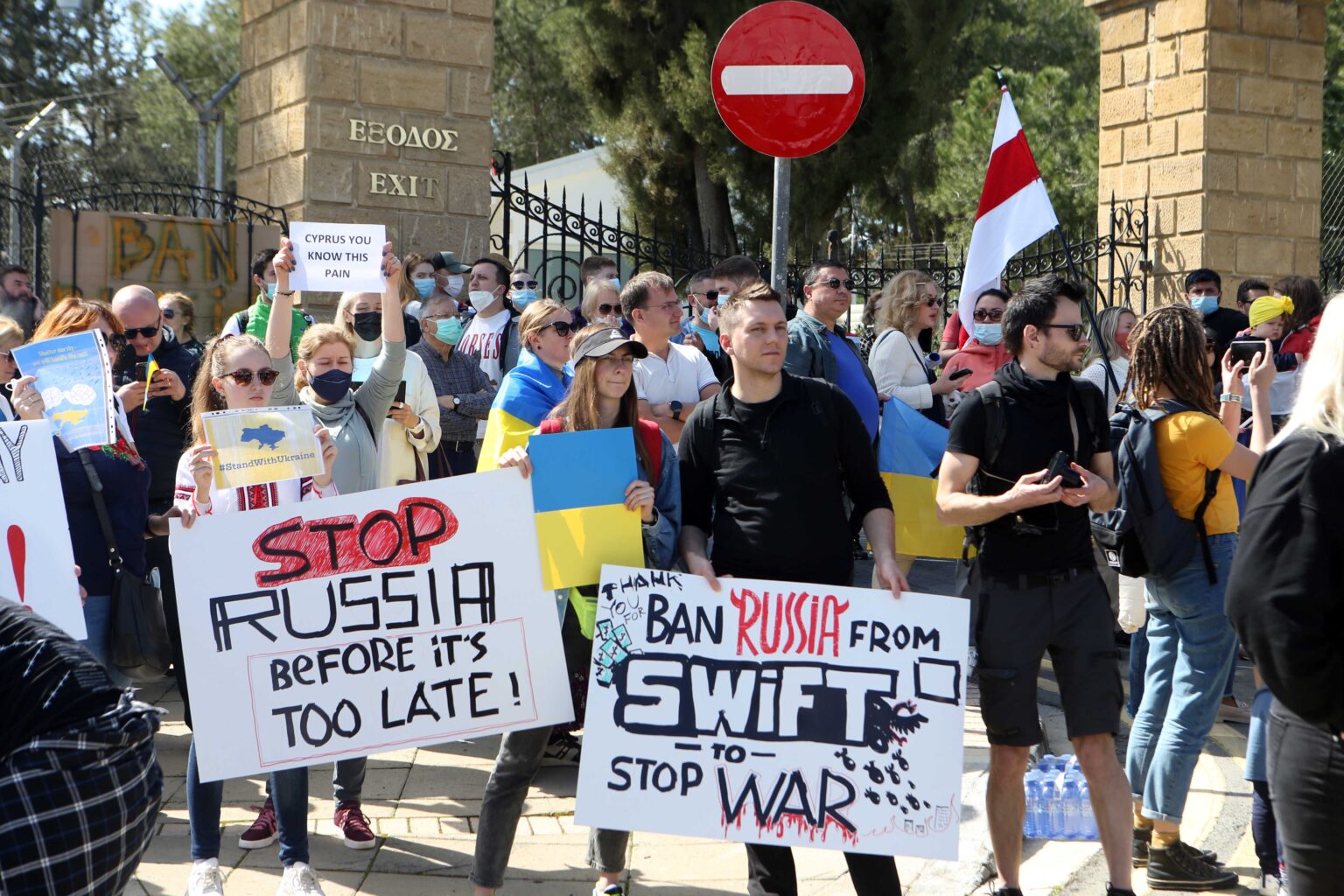By Andreas Charalambous
Russia’s recent decision to invade Ukraine and the immediate, coordinated and unprecedented reaction of its Western allies are creating global economic turmoil and intensifying the climate of uncertainty.
For the US, the effects appear to be relatively limited so far. Like gold, the dollar has been strengthening, as it is perceived as a ‘safe investment heaven’.
The situation is more difficult in Europe, which is faced, once again after many years, with war at its doorstep and a wave of Ukrainian refugees. At the same time, Europe’s dependence on Russian oil and gas exceeds 25 per cent of total demand while Russia and Ukraine produce about a third of global exports of grain. Inflationary pressures are expected to intensify on both accounts.
In response, the ECB seems to be moving towards a flexible approach to monetary policy, taking into account, on the one hand, the incipient decline of economic growth and, on the other, the accumulation of inflationary pressures. In terms of fiscal policy, the EU is considering substantial measures to mitigate the effects of the war, despite already high levels of public debt.
An interesting parameter which warrants attention is the duration of the current geopolitical crisis. At least in the short term, Russia has the economic potential to resist, given the satisfactory level of its foreign exchange reserves and export potential. In the medium term, however, the situation will become extremely difficult, mainly due to the severe sanctions, which include, among others, restrictions on the movement of funds. The sanctions, which target Russian banks’ access to the global SWIFT financial messaging system and the freezing of the Central Bank of Russia’s foreign exchange reserves, are significantly damaging.
What is particularly noteworthy is that, while sanctions imposed on countries in the past have been designed to bring them back to the negotiating table, in the present case, they have a much more punitive nature. Retaining the sanctions, as is currently the overriding scenario, is expected to lead to a downgrading of Russia’s role in the world economy, as already evidenced by the first reactions of international rating agencies.
In Cyprus, the risk of negative effects is high. With the country being a net importer, inflation is expected to rise materially due to the corresponding increase in the prices of imported raw materials (energy, cereals and so on). Furthermore, the structure of the Cypriot economy and the multilevel relations that have been developed with Russia, particularly in the areas of tourism and business services, are expected to have a serious negative impact.
At the same time, while the list of sanctions is expanding, the possibility of inclusion of natural and legal persons operating in Cyprus is increasing, with further negative consequences.
The war in Ukraine has come at a time when most economies were emerging from the prolonged period of crisis due to the pandemic, overturning their plans for satisfactory growth rates. In the case of the small and open economy of Cyprus, a rapid response is required, aiming at mitigating the expected losses but also at drawing up a long-term strategy that reduces dependence on individual sectors and markets.
Andreas Charalambous is an economist and former director at the Ministry of Finance







Click here to change your cookie preferences